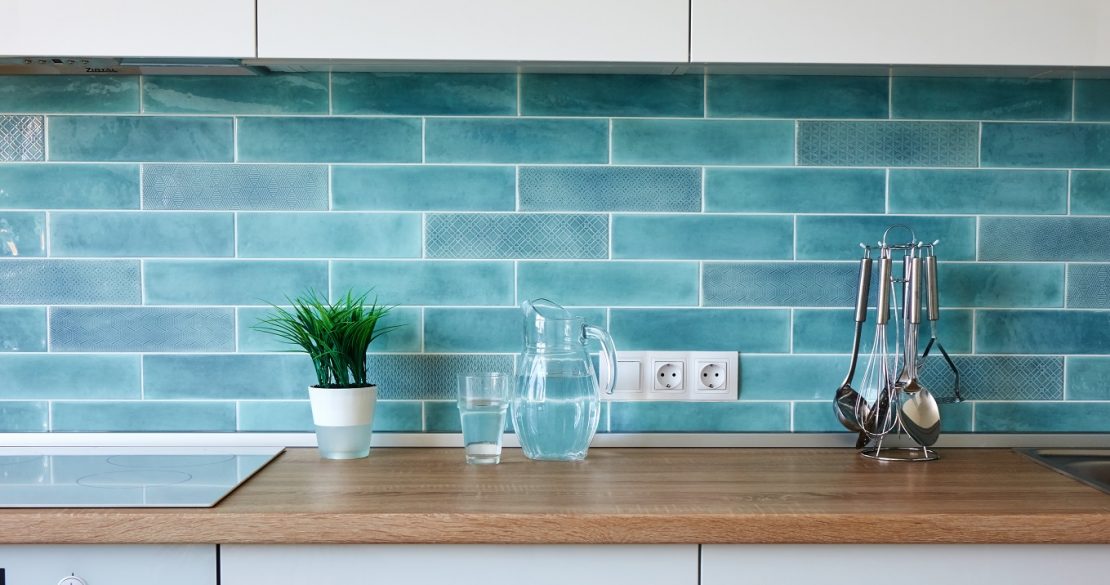Glass backsplash tile is acquiring popularity over ceramic tile as the surface area of choice in house tiling projects. Although typically costlier than various other kinds of floor tile, the glass includes a handcrafted, artistic quality that is quickly worth the price.
- One-of-a-Kind Appearance
Glass backsplash tile comes in a selection of colors and forms, which rely on the process utilized to create them. Some tiles are cut, as well as cold while others are cast, thawed, as well as cooled. In cold manufacturing, there is no warmth, just reducing the glass. Contrarily, the cast glass includes chemicals, mixing sands, as well as melting them inside a container, which is, after that, dropped in trays for cooling.
- Toughness
Glass is not always related to toughness, yet truthfully glass tile can be equally as solid as well as long-term as ceramic floor tile. Naturally, glass floor tile keeps specific properties that form it more resilient compared to ceramic backsplash tile. Glass backsplash tile is not porous, so it does not soak up moisture. Wetness infiltration is the opponent of any type of floor tile project given that it can spell mold as well as mold. There is no such fear with glass floor tile as long as it is effectively set up.
- Glass Floor Tile Setup
Many ceramic tile installers will tell you there’s little distinction between installing ceramic floor tile, as well as setting up glass ceramic tile. Installing glass ceramic tile is quite uncomplicated. Some installers get hung up on the cutting of the glass, but in all, it’s not that challenging to set up.
- Grout for Long-Lasting Appeal
Grout will additionally affect the longevity, as well as the look of the glass floor tile setup. Epoxy cement is ending up being preferred for usage with backsplash glass tiles as a result of their toughness, durability, as well as the relationship with the glass. Cement has a chemical structure that resists stains, as well as malfunctions. They are additionally non-porous as well as non-absorbent.
When combined with antimicrobial items like Microban, epoxy cement also prevent the growth of mildew or mold, a typical event with normal cement grout. Cement-based cement soaks up the dampness, so you need to seal the grout every two years.
Non-absorbent epoxy grouts need little upkeep, so while they may set you back greater than cement grout up front, they are greater than make up for it in time. The rubbery plastic-like features of epoxy cement create a more challenging application, and a stronger ended up product. It takes plenty of effort: It additionally takes plenty of cleaning after.






















